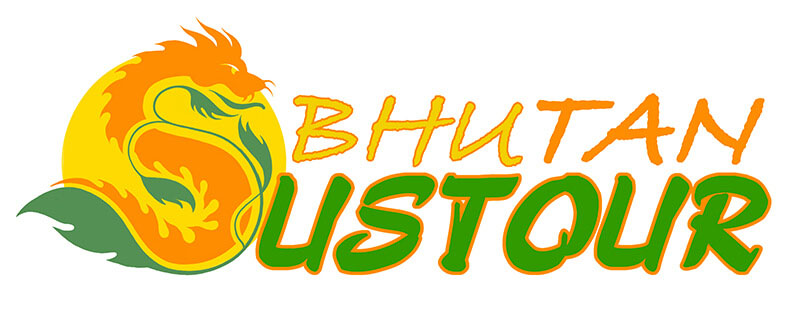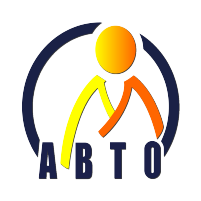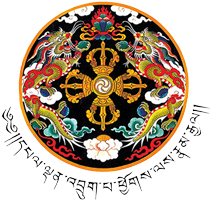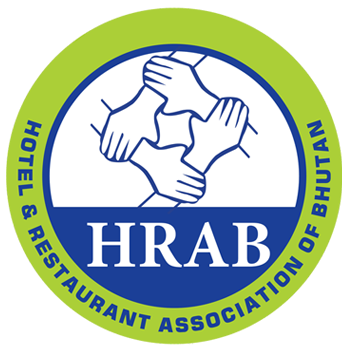Our Approach to tourism Based on Bhutan’s Holistic Vision
Are you a...?
tourism entrepreneur, sustainability professional, destination manager, tourism developer, or part of a capacity-building organization? Then this forum is made for you — don’t miss out!
Guided by the Bhutan Integrated Tourism Master Plan, Bhutan adopts a regenerative and high-value tourism model that goes beyond sustainability to actively restore, protect, and enhance its cultural, environmental, and social heritage. The approach is built on four strategic pillars and emphasizes inclusive, regionally balanced, and economically impactful tourism development.
Our Approach
Core Elements of Bhutan's Tourism Approach
High Value, Low Volume (High Impact)
- Reinforces Bhutan’s long-standing tourism policy to limit volume while maximizing value per visitor.
- Focuses on attracting mindful travelers who contribute meaningfully to Bhutan’s economy and conservation efforts.
Regenerative Tourism
- Moves beyond minimizing harm to actively contributing to the revitalization of nature, culture, and communities.
- Encourages tourism that leaves destinations better than before, aligning with Bhutan’s Gross National Happiness philosophy.
Public-Private-People Partnership (PPPP)
- Promotes collaboration between government, private sector, communities, and civil society in shaping tourism policies and implementation.
- Supports decentralization of decision-making to empower local stakeholders.
Geographic and Seasonal Diversification
- Aims to distribute tourism benefits across all regions—not just traditional western hubs—by promoting eastern, central, and southern circuits.
- Encourages year-round tourism through diverse offerings (nature, wellness, festivals, trekking, MICE, etc.).
Sustainable Supply Chain and Infrastructure
- Enhances tourism facilities, digital infrastructure, and transportation while ensuring minimal ecological footprint.
- Promotes green building standards and responsible waste and resource management.
Inclusive Growth and Local Empowerment
- Integrates local MSMEs, artisans, and rural communities into the tourism value chain.
- Prioritizes skill development, entrepreneurship, and youth employment in the sector.
Strong Governance and Quality Assurance
- Implements clear governance frameworks, certification systems, and monitoring to maintain high service and sustainability standards.
- Supports data-driven planning and transparent management.





